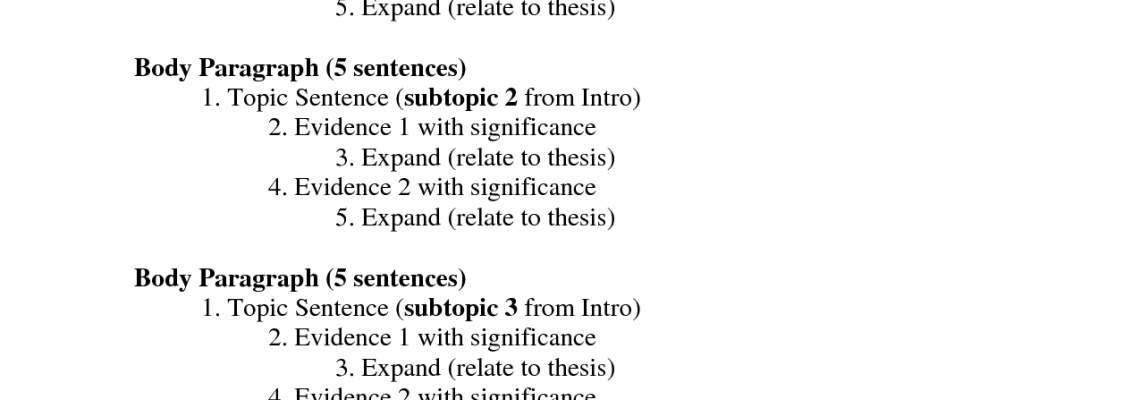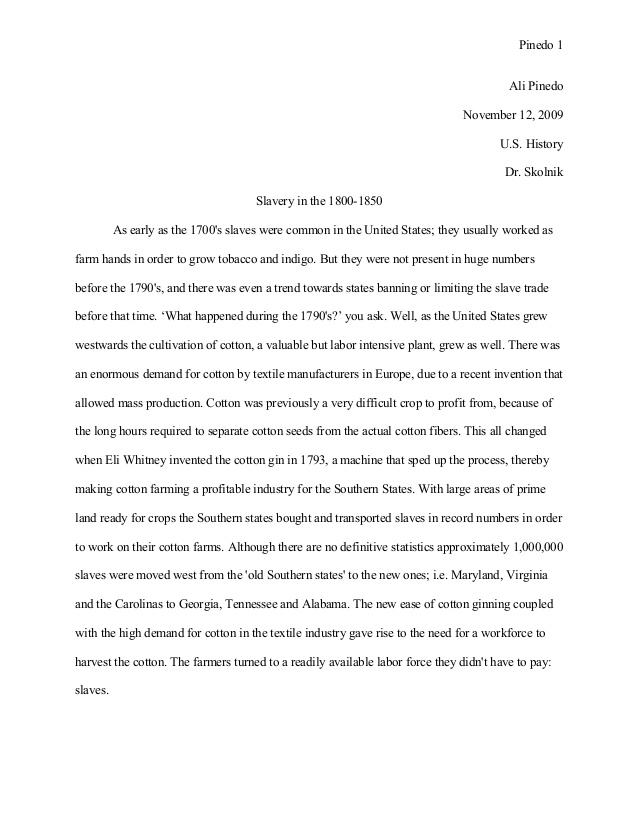How to Write a Good History Essay?

The starting point in the essay writing is to find out what is history essay? An essay is an old French word, which means to “attempt”. It is the testing of an idea. A good history essay (also known as a thesis essay) describes an argument about the events that have happened back then. This type of essay is supported by evidence, arguments, and references. After finishing reading, the person must understand why the argument or claim it as such. In other words, an essay is a response to a question, topic or issue.
History essays test the student’s knowledge like history awareness, planning, research and writing, and others. To write an effective essay, students must first of all study the theme, understand it gather some information through research, then construct a clear and well-organized opinion through writing. It might seem pretty challenging to write this essay, even for stronger students. Do not worry though – each essay you complete helps you become more competent and confident.
The structure of a good history essay
Structuring this tricky essay can be a pretty daunting task for some students – but once you define a technique for presenting your argument you’re confident about, the clarity and quality of your essays will become better.
In this part, we will highlight the key things that need to be presented in your history essay. After reading it, we can be sure that you get the highest mark you can get and be aware of how to write a history essay. Following below-described structure, you should see how your writing skills go straight up. So, here are the crucial parts of your history essay:
- The first part of the writing is the weightiest – the introduction paragraph. We just want to highlight the importance of the first impression that the reader becomes from an introduction. Here you either winner or looser. In order to be the first one, use some eye-catching points of view. This is an opening paragraph in the essay and should contain your main thesis – that is, your line of argument which should be adhered to throughout the essay. Outline the 3 or 4 main points you have in order to answer the question: these points should later form your main paragraphs in the essay. If it’s an “evaluate” or “assess” question, make sure you express an opinion as to which factor or point is the most important one. Show everybody that the question of the essay is understood properly. Define the main terms right, set the parameters of the question. Make every person that reads your creation see that you’re being relevant and analytical. So, the introduction is your pass to the examiner’s appreciation.
- Middle paragraphs. These paragraphs are essentially the main points that you outlined in your introduction. They should be clearly defined as arguments or factors. Each paragraph should contain one of these arguments. The danger of trying to fit too many factors or comparisons into a single paragraph is that it becomes complicated and difficult for the examiner to understand. It should be obvious, from your middle paragraphs, what question you are answering. The easier and clearer it is for you to read, the clearer it will be to the examiner. Do not make the intro narrative of events – examiners and exam boards hate this. Make sure you create argument and discussion – persuade the examiner that you are correct.
Due to these paragraphs is the biggest part of your history essay, they have their own, so-called «P.E.E sub-structure»:
- P – is for point. Make your argument and relate it to the question. Eg. The main reason for the outbreak of World War One was German aggression.
- E – is for explain. Explain why this was the main factor or argument. Eg. German aggression caused increased tension within Europe with the dynamic growth of German power.
- E – is for evidence. Back up your claim with facts or case studies which prove your point. Eg. Aggressive expansion is shown in the Schlieffen Plan, which caused Britain to declare war on Germany on 4th August 1914.
Astonish your examiners with a clear-written middle part. Do not underestimate the importance of the middle paragraphs!
- Final paragraph. Do not go here and there with your conclusion. Complete an opinionated summary of your argument – it should not just be a narrative of what you have just written. Make it clear which factor or point is the most important one. If you’ve been arguing a case in the body of an essay, you should hammer home that case in the final paragraph. If you’ve been examining several alternative propositions, now is the time to say which one is correct. New evidence at this stage shouldn’t be presented. Wrap the previously mentioned arguments up.
We would like to advise you something. You can be completely creative with your phrases, thoughts, and sayings in the essay. However, do not play with your history writing in a structural way. It will be way wiser to follow the defined plan.
Don’t forget to give the final estimation. Be critical to yourself as never. Revise your creation several times, even if you’re sure it is not necessarily. You might find some hidden mistakes that you haven’t mentioned for the first or even second time of re-reading.

Advice for writing a successful history essay
Here are some general pieces of advice for writing a successful essay about history:
- Start with a plan. A written plan is your branch. The richer and well-thought your branch is – the greater blossom of content it will be.
- Study the question. Well, this is obvious, but the reason why we mentioned it is that a lot of writers are neglecting this crucial part. To be aware is to be armed.
- It is time to research. After studying the question and developing an initial plan, start to gather information and evidence. Most will start by reading an overview of the topic or issue, usually in some reliable secondary sources.
- Use simple English in your writing. Avoid too many complicated words and expressions.
- Be persuasive in your work. Convince your reader in what you’re writing about.
- Don’t hesitate to put some effort to support your statement.


